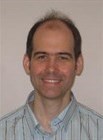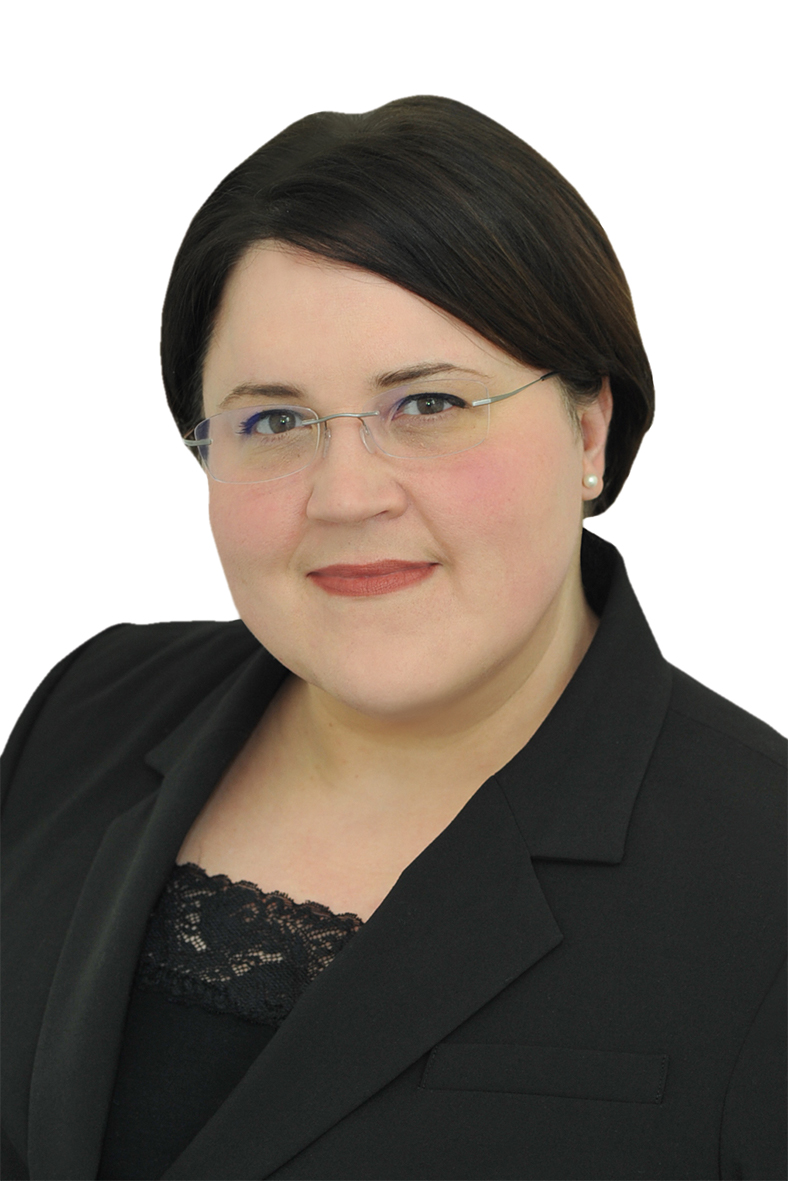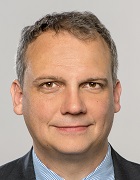EQS3-V, June 2025
After a successful EQS3-IV in Dublin in January, in which we were able to work towards common workflows and architectures, we would like to continue the conversation. Based on the discussion there, and from talking to vendors, centers, and the community at large, one of the next issues we are facing and that we need to tackle is the intergation of Independent Software Vendor (ISVs) and/or external, potentially commercial software solutions into the envisioned open software stacks. This leads us to a variety of challenges:
- Role of ISVs in the software workflows defined at EQS3-IV
- Standardized interfaces to connect ISV services to the systems
- Standardized interfaces to connect the systems to the ISV service (e.g., to gain access to environmental measurements)
- Licensing models and challenges
- Integration of multiple vendors and/or ISV cloud services
- Performance, scheduling and resource management with external cloud services
We are, therefore, excited to organize the fifth instance of the European Quantum Systems and Software Summit, continuing the series of events from Raitenhaslach, Garching, Copenhagen and Dublin. This iteration of EQS3 will take place in Poznan, Poland due to the gracious local hosting of Krzysztof Kurowski at PSNC and the center's support. This is an invitation-only event, intended to bring together the European HPCQC community, as well as international collaborators.
The meeting will take place from 1:30pm on Wednesday, June 25th 2025, and end mid afternoon on Friday 27th in Poznan, Poland at PSNC. This will be a highly technical workshop and attendees are asked to be able to deep dive on system and device software research and development as well as API design. More Information on the agenda and further logistics will be sent out directly via email.
Topics for discussion include:
- Software and program development environments
- Low-level system software, including firmware interfaces
- Extension of current programming models and development of new approaches
- Role of existing established models like OpenMP and MPI for quantum computing
- Quantum runtime systems
- Tooling for end users that provide needed abstractions
- Global and local schedulers and scheduling policies
- Environmental and execution monitoring
We will gather the expert community on quantum computing with a technical focus on integrating this new technology into our existing HPC and data center system software environments and to have a lively technical discussion on how to accomplish this, to learn from each other’s technical ideas and approaches, and to find practical and near-term solutions that work for across sites and their individual requirements. We hope this will be the starting point for a long-term conversation towards open environments and/or standards for quantum computing, enabling seamless integration with existing system software infrastructures and programming environments and supporting different access frameworks and user services.
For any questions, please contact Martin Schulz at schulzm@in.tum.de
PURPOSE
Preliminary Agenda (speakers not confirmed)
Wednesday, June 25
12:00-13:30 Arrival at PSNC, informal tours of PSNC around 13:00
13:30-14:00 Welcome and Introductions (Martin Schulz, TUM)
14:00-14:20 Challenges & Requirements for ISV Integration (Sven Karlsson, DTU)
14:20-14:40 Towards A Unified HPC-AI Quantum Computing Environment (Laura Schulz, ANL)
14:40-15:00 Baseline Talk 1: The PSNC experience (Krzysztof Kurowski, PSNC)
15:00-15:20 Baseline Talk 2: The MQSS experience (Jorge Echavarria, LRZ)
15:20-15:40 Baseline Talk 3: The NordlQuEst and LUMI-Q Experiences (Sven Karlsson, DTU)
15:40-16:10 Break
16:10-16:30 Baseline Talk 4: The ORNL experience (Amir Shehata, ORNL)
16:30-16:50 Baseline Talk 5: TBD
16:50-17:45 Short ISV talks on existing solutions and requirements
17:45-18:00 Wrap Up and Charge for WGs
Thursday, June 26
9:00-10:30 Breakout 1 - Preliminary Topic: Collection of requirements and workflows
10:30-11:00 Break
11:00-11:30 Report Outs
11:30-12:00 Discussion
12:00-13:30 Lunch
13:30-15:30 Breakout 2 - Preliminary Topic: Interfaces and shared workflows for integrated and cloud ISVs
15:30-16:00 Break
16:00-16:30 Report Outs
16:30-17:30 Discussion and Identify commonalities
17:30-18:00 Summary of Day 2
Friday, June 27
9:00-10:30 Breakout 3 - Preliminary Topic: Open questions and remaining needs
10:30-11:00 Break
11:00-11:30 Report Outs
11:30-12:00 Discussion
12:00-13:30 Lunch
13:30-15:00 Summary and Organization of report writing and Discussion of next steps
15:00-15:30 Break
15:30-17:00 Open Discussions and Networking
17:00 End of Meeting
ORGANIZATION
Co-Hosts

Sven Karlsson
Co-Hosts

Krzysztof Kurowski
Co-Hosts

Laura Brandon Schulz
Co-Hosts

Martin Schulz

Raitenhaslach, Burghausen, Bavaria
TUM Science and Study Center Raitenhaslach
Raitenhaslach 11
84489 Burghausen
Located in the former Cistercian monastery Raitenhaslach, the TUM Science and Study Center exudes inspiration and historical charm. After extensive restoration work, the monastery's late-baroque prelate's wing has been developed into a hub of international academic discussion.
A five-minute drive from Raitenhaslach, the neighboring town of Burghausen is situated along the Salzach river and is home to the longest castle in the world, the Burghausen Castle.
Hotel accommodations and evening dinner will take place in Burghausen and the summit at Raitenhaslach.
For accommodation and travel arrangement, please contact Lisa Francke at lisa.francke@tum.de
